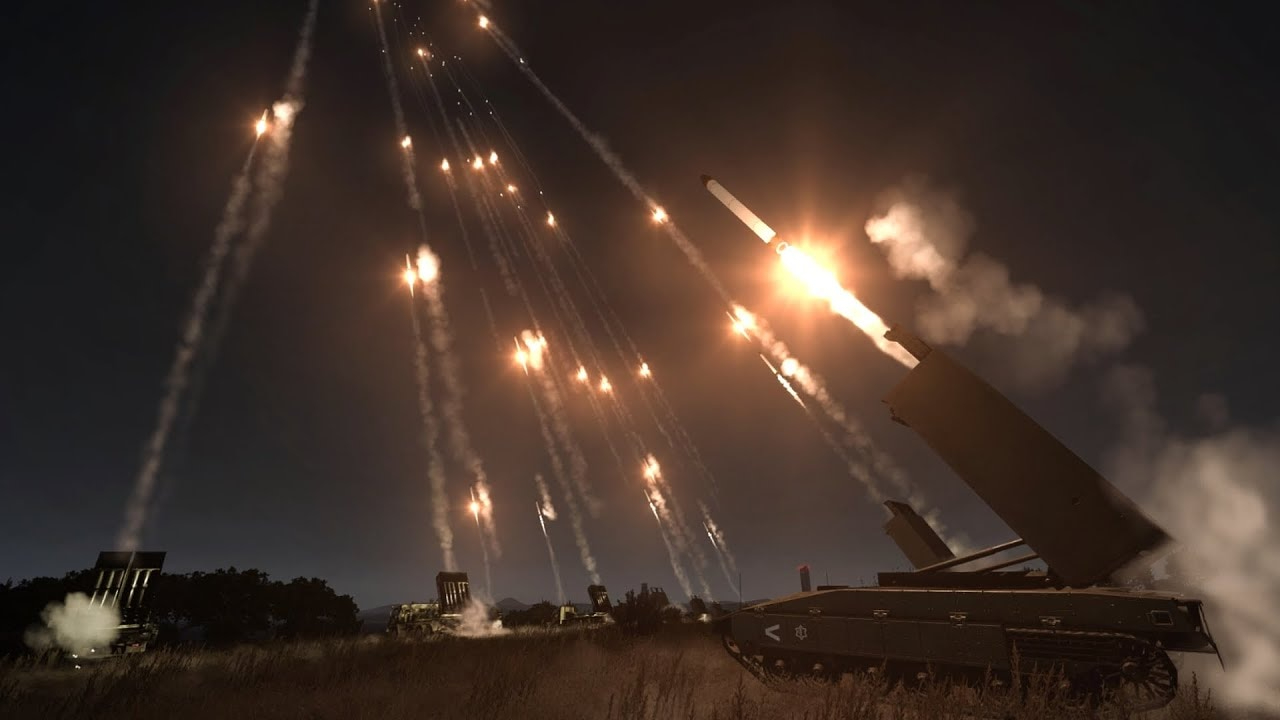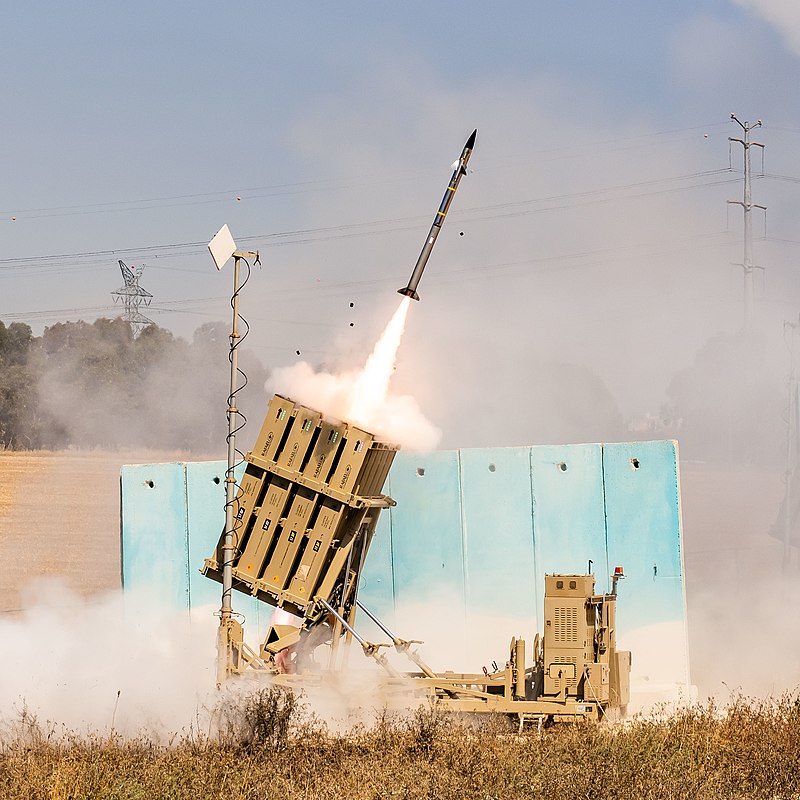Ukrainian President Volodymyr Zelenskyy has called for stronger NATO support to protect Ukraine’s airspace following discussions with NATO Secretary General Mark Rutte.
Zelenskyy expressed hope that NATO countries will reevaluate their position on supplying Ukraine with improved air defense systems akin to the protection they offer Israel against missile and drone threats.
During a joint press conference, Zelenskyy said that there was no fundamental difference between defending Israeli skies from Iranian missiles and drones and defending Ukraine from Russian missile strikes and Iran-made Shahed drones.
He noted the close connection between Russia and Iran in providing these lethal weapons, which have become a central concern for Ukraine’s defense efforts.
Zelenskyy said, “Today, we discussed Ukraine’s air defense needs and cooperation with neighboring countries. We see how lives in the Middle East are safeguarded through unity among our allies,”
“Joint efforts to shoot down Iranian missiles are no different from shooting down Russian ones or Iranian-delivered Shahed drones,” Zelenskyy added.
He expressed his belief that NATO’s approach to assist Ukraine in defending its skies could evolve in the future. “More determination from partners in our region is needed to put an end to Russian terror. We will continue to persuade our partners,” he added.
However, Secretary General Rutte avoided directly addressing the possibility of NATO shooting down Russian missiles over Ukraine. Zelenskyy acknowledged that, for now, “the allies are not ready” to provide full protection for Ukraine’s airspace.
This isn’t the first occasion Zelenskyy has made this appeal. He previously mentioned that the response to the attack on Israel demonstrated that NATO members were capable of defending non-member countries and could similarly safeguard Ukraine, which is not part of the military alliance.
“Israel is not a NATO member, so no action, such as triggering Article 5, was required,” he stated, referring to the alliance’s collective defense clause.
This call for stronger NATO involvement comes as discussions intensify in neighboring countries like Poland and Romania. Poland’s Foreign Minister previously suggested that nations bordering Ukraine should intercept Russian missiles before they cross into NATO airspace.
While this was clarified as a personal opinion, Romania is reportedly considering legislative changes that would permit the downing of drones entering its airspace. The country has seen multiple instances of Shahed drones crashing in its territory, raising concerns about the growing threat to NATO members bordering Ukraine.

Why West Cannot Help Ukraine Shoot Down Drones Like Israel?
The United States and the United Kingdom have clarified that they will not assist Ukraine in repelling Russian attacks. The White House has already announced that it will not engage in shooting down drones for Ukraine despite doing the same for Israel.
In early 2024, John Kirby, the National Security Council’s Strategic Communications Coordinator, explained that the situations in Ukraine and Israel were fundamentally different, describing them as distinct conflicts with varying airspace and threat patterns.
He said that since the beginning of the conflict, President Biden has consistently communicated that the United States does not plan to engage in hostilities in Ukraine.
Kirby warned that avoiding direct clashes between NATO and Russian troops was essential to prevent a broader war in Europe, as such confrontations could escalate the situation. While Ukraine required sophisticated air defense systems such as the Patriot missile system to counter threats successfully, he noted that the UK did not possess these systems.
Dara Massicot, a senior fellow at the Carnegie Endowment for International Peace, pointed out several practical factors that made it easy to defend Israel from aerial attacks. Israel’s smaller geographical size allowed the creation of consolidated and layered air defense systems.

Additionally, Israel can utilize aircraft in its airspace to intercept incoming missiles and drones.
Moreover, Israeli allies can deploy ballistic missile defenses from ships in the Mediterranean and utilize fighters from regional airbases for cruise missile defense if necessary. In contrast, Ukraine’s Black Sea coast is largely inaccessible to the United States due to the restrictions brought in by Turkey.
Massicot added that the United States has had no ships capable of ballistic missile defense in the Black Sea due to Turkey’s closure of the Bosphorus Straits to most warships.
However, the US does have warplanes in Europe capable of intercepting Russian cruise missiles and Shahed drones over parts of Ukraine, but this would require Washington to establish a no-fly zone over the country.
Ben Hodges, a former general of the US Army Europe, pointed out that Ukraine was facing a more sophisticated enemy. He stated that Iranian attacks do not match the quality or capabilities of Russian assaults on Ukraine.
Furthermore, Ukraine does not receive the same level of military support that Israel does. Hodges noted, “Jordan and even Saudi Arabia are actively helping to defend Israel, with aircraft/pilots and with munitions. Ukraine has zero active help and gets only a smattering of what it needs to defend itself.”
Although Ukraine could benefit from utilizing Israel’s Iron Dome system to protect key cities, Israeli Prime Minister Benjamin Netanyahu has ruled out providing this technology to Kyiv. Nonetheless, Hodges emphasized that Israel’s defense strategies offer valuable lessons for Ukraine.
He asserted that both Iran and Russia are willing to launch numerous drones, rockets, and missiles against civilian targets, highlighting the importance of extensive air and missile defense capabilities to protect civilian populations, power grids, and critical infrastructure. He called for increased support and enhanced military capabilities for Ukraine and NATO.
- Contact the author at ashishmichel(at)gmail.com
- Follow EurAsian Times on Google News




